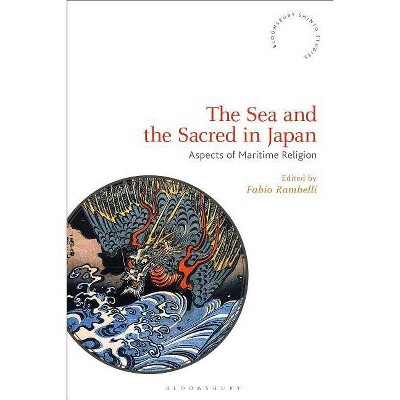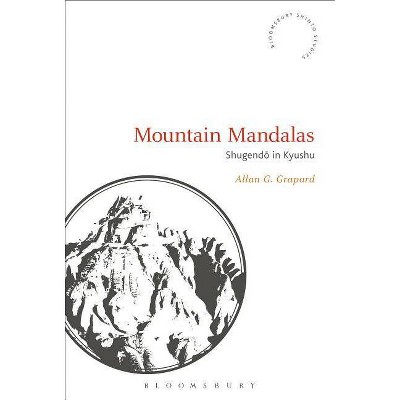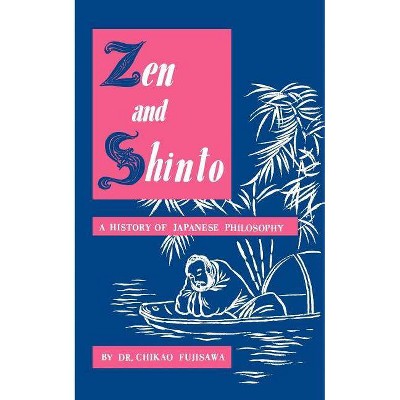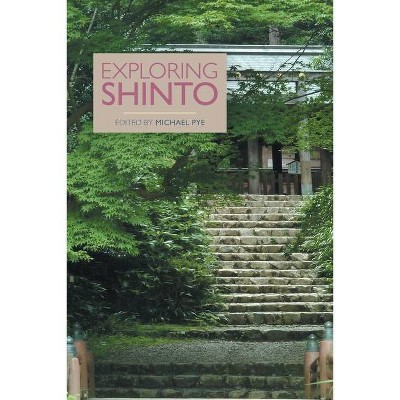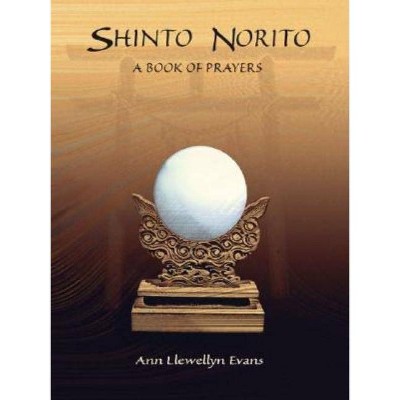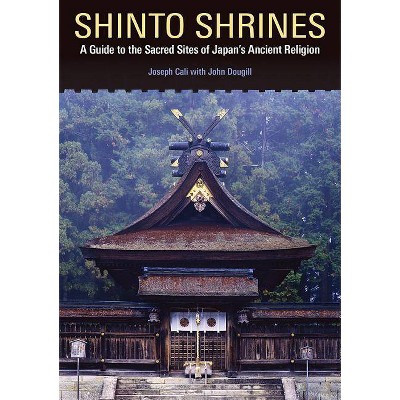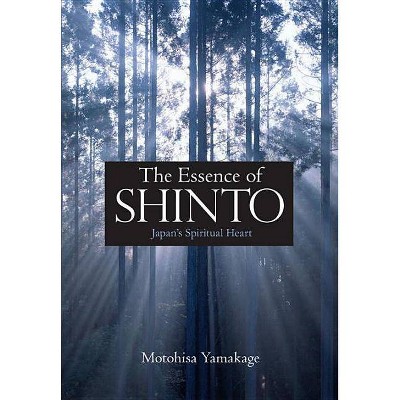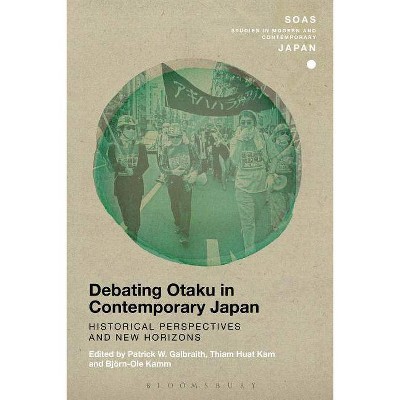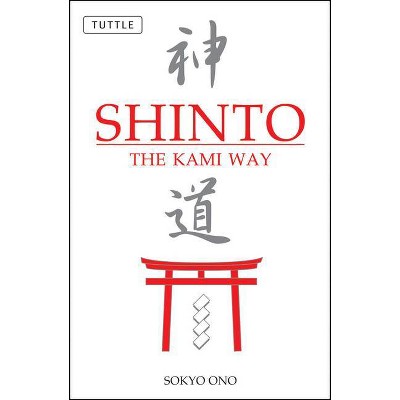Shinto, Nature and Ideology in Contemporary Japan - (Bloomsbury Shinto Studies) by Aike P Rots (Paperback)
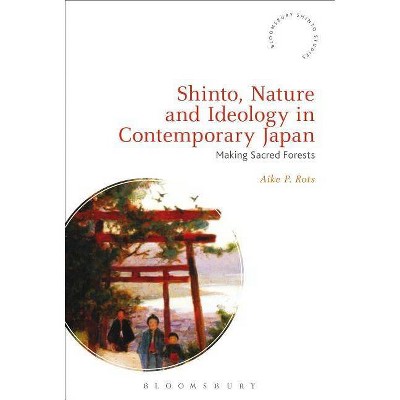
Similar Products
Products of same category from the store
AllProduct info
<p/><br></br><p><b> Book Synopsis </b></p></br></br><i>Shinto, Nature and Ideology in Contemporary Japan</i> is the first systematic study of Shinto's environmental turn. The book traces the development in recent decades of the idea of Shinto as an 'ancient nature religion, ' and a resource for overcoming environmental problems. The volume shows how these ideas gradually achieved popularity among scientists, priests, Shinto-related new religious movements and, eventually, the conservative shrine establishment. <br/> <br/>Aike P. Rots argues that central to this development is the notion of <i>chinju no mori</i>: the sacred groves surrounding many Shinto shrines. Although initially used to refer to remaining areas of primary or secondary forest, today the term has come to be extended to any sort of shrine land, signifying not only historical and ecological continuity but also abstract values such as community spirit, patriotism and traditional culture.<br/> <br/> The book shows how Shinto's environmental turn has also provided legitimacy internationally: influenced by the global discourse on religion and ecology, in recent years the Shinto establishment has actively engaged with international organizations devoted to the conservation of sacred sites. Shinto sacred forests thus carry significance locally as well as nationally and internationally, and figure prominently in attempts to reposition Shinto in the centre of public space<p/><br></br><p><b> Review Quotes </b></p></br></br><br>A comprehensive overview ... [Aike P. Rots] focuses not only on what these paradigms say but also what they leave out, and how they relate to actual practices and campaigns at the local and national levels. He is generous with his sources but pays attention to the distance between their rhetoric and reality.<br/>Reading Religion<br><br>A significant and valuable contribution to the fields of religious studies, Japanese studies, Shinto studies, and Asian studies generally ... [It] provides the kind of thorough, fair, and at times sharply critical exposé of contentious issues pulsing through current shrine Shinto and Japanese nationalism.<br/>Contemporary Japan<br><br>Shinto's latest iteration as a "green religion+? is critically examined in this timely volume. Is the new environmental paradigm a rebranding strategy aimed at gaining legitimacy? Can Shinto activism expand beyond local preservation activities to engage national and global issues? How is it related to the imperial-ethnic paradigms, which define the Shinto establishment's neonationalistic political agenda? These questions and more are seriously engaged here.<br/>Mark R. Mullins, Professor of Japanese Studies, University of Auckland, New Zealand<br><p/><br></br><p><b> About the Author </b></p></br></br>Aike P. Rots is Associate Professor of Contemporary Japanese Culture at the University of Oslo, Norway.
Price History
Price Archive shows prices from various stores, lets you see history and find the cheapest. There is no actual sale on the website. For all support, inquiry and suggestion messages communication@pricearchive.us
